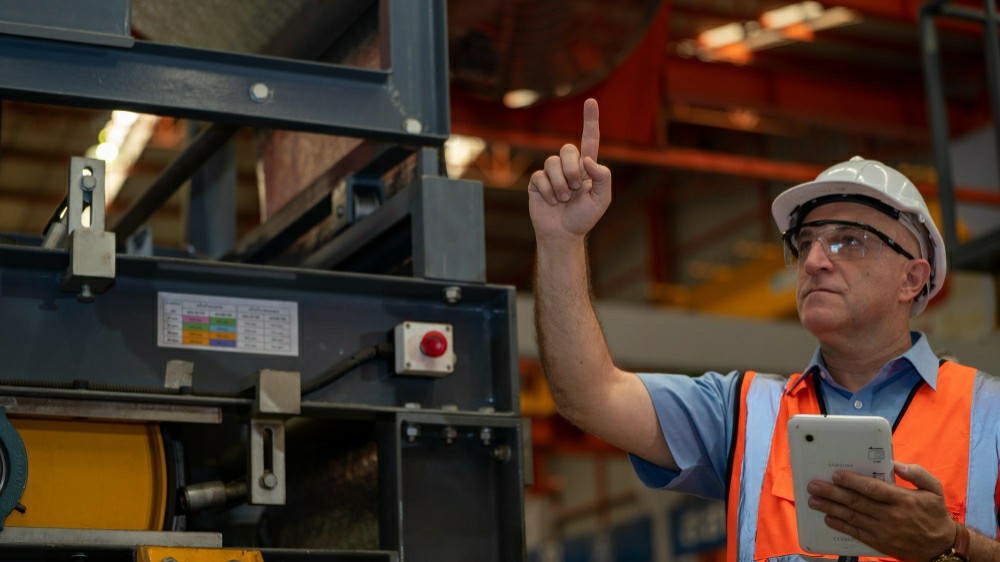


 349,500 Offered Certificates
349,500 Offered Certificates
 24/7 Online Training
24/7 Online Training
 Money Back Guarantee
Money Back Guarantee
 Fully Accredited Courses
Fully Accredited Courses

Created at: 10-11-2024 20:59
In Ireland, manual handling is a critical aspect of workplace safety, impacting numerous industries and professions. The Manual Handling Legislation governs how businesses must manage manual handling tasks, ensuring the safety and well-being of employees. This guide delves into the intricacies of manual handling laws in Ireland, focusing on legal requirements, compliance, and the importance of trained personnel.
The Health and Safety Authority (HSA) in Ireland outlines the manual handling legislation aimed at minimizing the risk of injury to employees while performing manual tasks. This legislation includes several key components that all employers must adhere to:
Employers are obligated to ensure that their employees are adequately trained in safe manual handling techniques. The manual handling legal requirements extend beyond mere training; businesses must also:
Manual handling training is not only a legal obligation but also a necessary investment in workplace safety. Comprehensive manual handling training legislation Ireland states that training should empower employees to:
By adhering to these manual handling compliance legislations, businesses can minimize the risk of injuries, which in turn can reduce costs associated with workplace accidents, such as medical expenses and lost productivity.
While manual handling legislation in the workplace encompasses all of Ireland, it’s particularly crucial for businesses in urban centers like Dublin, Cork, and Galway. Here’s how local businesses can align with the legislation:
Understanding and implementing manual handling legislation compliance is essential for every Irish employer. By prioritizing comprehensive training and adhering to legal requirements, businesses not only foster a safe working environment but also safeguard their workforce against injuries.
For expert guidance on manual handling training that meets all legislative requirements, contact us at [email protected].